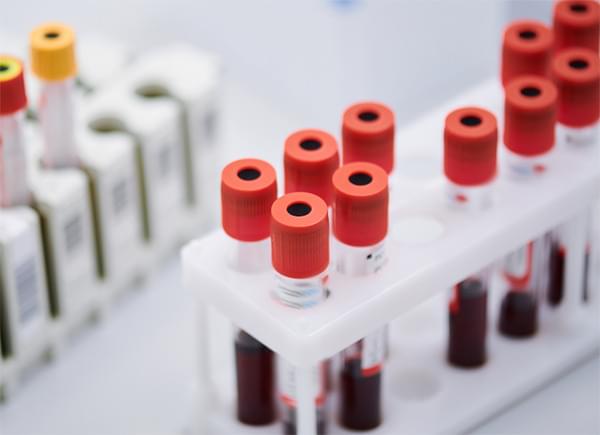More than half of cancer deaths involve cancers that have no recommended screening tests, including highly deadly cancers like ovarian and pancreatic cancer.1 Multi-cancer detection (MCD) tests are a new type of blood test designed to detect multiple cancers. Despite limited evidence on their benefit, some MCD tests are currently available to the public as cancer screening tools and many more are in development.
Research is underway to try to address the many unanswered questions about cancer screening with MCD tests. To learn more about the uncertainties related to public and clinician perceptions of MCD tests, program officials at the National Cancer Institute (NCI), led by Goli Samimi, Ph.D., M.P.H., Program Director in the Breast and Gynecologic Cancer Research Group in the Division of Cancer Prevention (DCP), decided to ask them directly. NCI facilitated focus groups with practicing primary care physicians (PCPs) and laypersons to learn about their awareness and knowledge of MCD tests and their thoughts on the benefits, harms, uncertainties, and acceptability of using this emerging technology.
“More rigorous data on MCD tests is needed to inform the development of national guidelines for use as cancer screening tools,” said Lori Minasian, M.D., FACP, Deputy Director, DCP, NCI. “We need to know more about people in the community who will be consumers of MCD tests and the professionals responsible for administering tests, interpreting results, and determining next steps.”
